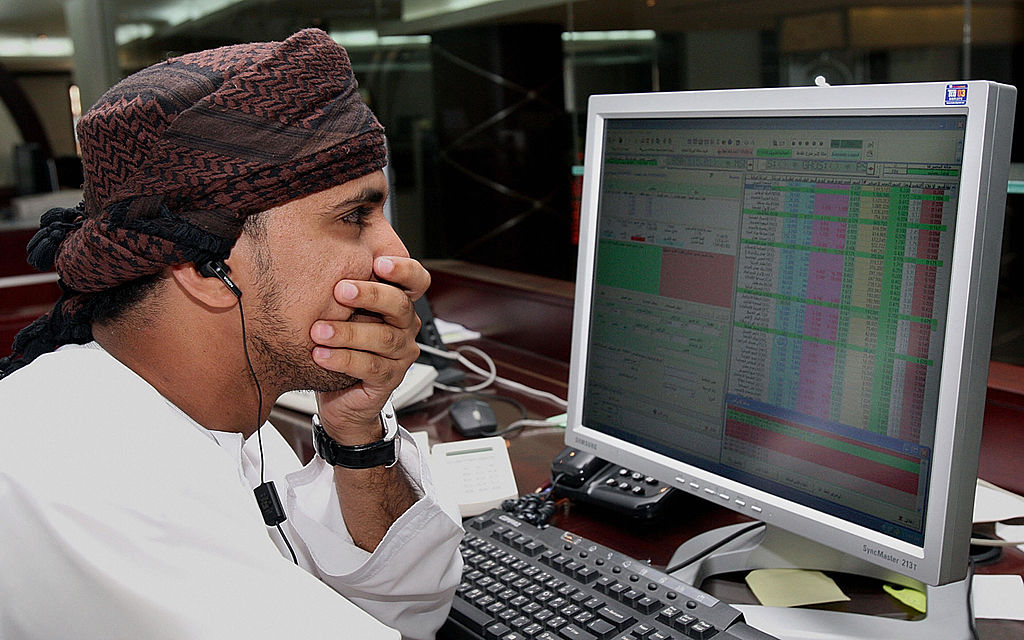
This move comes as Oman works to balance its budget, reduce public debt, and generate new revenue streams outside of the oil sector. For several years, the country has been grappling with the economic impact of fluctuating oil prices, leading the government to rethink its reliance on oil exports. By taking the IPO route, Oman aims to tap into international capital markets while providing local investors the chance to buy into a major domestic player in the energy sector.
While Oman’s government has yet to confirm all details publicly, the IPO is expected to list on the Muscat Stock Exchange by early 2024. The energy company’s shares will provide both Omani and foreign investors an opportunity to capitalize on the growing demand for energy assets in the region. Market insiders suggest the IPO could boost confidence in the country’s broader economic reform agenda, particularly its Vision 2040 initiative aimed at reducing dependence on oil revenues.
The privatisation process in Oman is not entirely new, as the government has previously floated stakes in various state-owned enterprises (SOEs) in sectors like utilities and finance. However, the scale and timing of this $2 billion IPO are especially significant. The Gulf region has been witnessing a wave of public listings in recent years, driven by strong investor demand for exposure to the energy sector, buoyed by rising oil prices and geopolitical factors.
For Oman, this IPO aligns with its strategy to raise capital by selling stakes in lucrative state-owned assets, helping to bridge fiscal deficits. This approach has gained momentum as the government navigates challenging economic conditions, marked by increased debt and a relatively small fiscal reserve compared to its wealthier Gulf neighbors like Saudi Arabia and the UAE. The $2 billion energy IPO could help alleviate some of these pressures while simultaneously boosting the country’s foreign exchange reserves.
The Gulf Cooperation Council (GCC) region, of which Oman is a part, has been actively pursuing similar privatisation strategies. Major oil-exporting nations such as Saudi Arabia and the UAE have already capitalized on IPOs in their national oil companies, driving foreign investment and raising billions of dollars in the process. Oman’s upcoming IPO, though smaller in scale compared to the $25 billion IPO of Saudi Aramco in 2019, signals the country’s desire to join the broader GCC trend of monetizing state-owned energy assets.
Apart from financial reasons, Oman’s privatisation push has been shaped by a need to modernize and liberalize its economy. The Vision 2040 initiative outlines goals such as fostering private-sector growth, boosting employment, and developing sectors like tourism, logistics, and manufacturing. Selling off stakes in state assets, particularly in the energy sector, is seen as a catalyst for these broader reforms.
Despite optimism surrounding the IPO, some analysts caution that Oman’s path to privatization faces challenges. These include the volatile nature of global oil markets, investor concerns about regulatory frameworks, and the competition for capital in an increasingly crowded energy investment space in the Gulf. Oman’s ability to offer competitive returns and mitigate risks will be essential to the success of the IPO.
Oman’s bond market is also being closely watched, with ratings agencies monitoring how the IPO and other privatisation efforts impact the country’s fiscal health. Oman’s sovereign credit rating has been under pressure in the past due to high debt levels, although recent economic reforms have improved its outlook. The success of the IPO could serve as a bellwether for broader investor confidence in Oman’s reform trajectory.
The exact structure of the IPO is still under development, with advisors and bankers reportedly finalizing terms. Omani authorities are also considering how the proceeds will be used—whether to fund infrastructure projects, support new economic sectors, or pay down existing public debt. As the deal moves closer to finalization, market participants anticipate more clarity on these issues in the coming months.
Topics
Gcc
